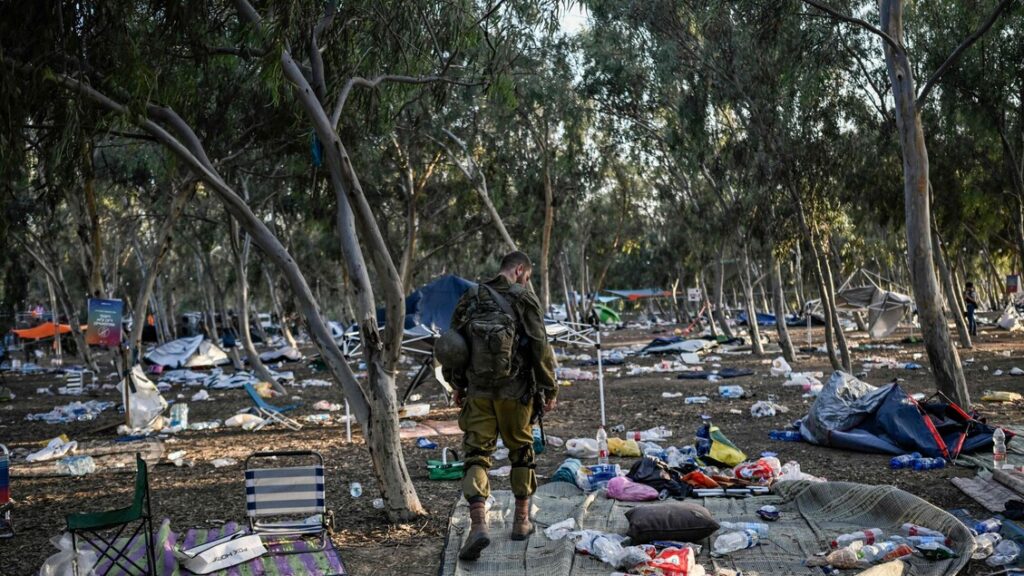
“On the morning of October 7, the Israel Defense Forces failed in their primary mission: protecting the civilians of the State of Israel.” With this motivation, Chief of Staff Eyal Zamir took the decision to dismiss several senior military officers, including three generals in key posts, who served during the massacre carried out by Hamas in the south of the country. The decision renews tensions between Zamir and Defense Minister Israel Katz, who is accused of using the army as a tool of political propaganda against the backdrop of elections scheduled for next year.
Katz stated that he had not been informed in advance of the chief of staff’s decision and announced a freeze on high-level appointments in the IDF for 30 days, to review the report closing the investigation into military failures on October 7, which was presented in early November by retired general Sami Turgeman and formed the basis of Zamir’s decision. It was “surprising” that the minister questioned the report that had been explained to him, the military chief commented, underlining that it was a document created “for the use of the IDF command and not for political purposes”.
Among the senior commanders removed were former Chief of Operations Directorate, General Oded Basiuk, who retired after the 12-day war with Iran in June; former Southern Command chief Yaron Finkelman and General Aharon Haliva, then head of military intelligence, have both resigned from their posts in 2024. “The chief of staff has decided that they will be dismissed from reserve service and will no longer serve in the IDF,” said a statement issued by the military on Sunday evening.
However, the sanctions – a note of reprimand – imposed on Admiral David Saar Salama, who in his role as Navy commander did not prevent Hamas from reaching the Zikim coast from the sea on October 7, and on General Tomer Bar, the Air Force commander, who failed to defend the country’s airspace from the drones and paragliders used by the terrorists that day, were milder. Other senior officers have agreed that they can complete their terms before retiring from the military.
While in some cases this was a symbolic act, aimed at commanders who had abandoned their uniforms, it was a harsh blow to those who “have dedicated their existence to Israel’s security.” A calculated blow by Zamir, underlining their unprecedented “results”, “devotion” and “courage”: “We cannot afford – he later warned – to be a country that devours its commanders, we do not have this privilege”. But the chief of staff wanted to respond to calls for transparency and responsibility coming from Israeli public opinion, with a promise to “learn from the lessons” of October 7 so that “similar events will not happen again.”
But on political responsibility, Prime Minister Benjamin Netanyahu has so far rejected the creation of a state commission of inquiry, deciding instead to create a government commission, made up of some of his most extremist ministers.
Reproduction protected by law © Copyright ANSA





